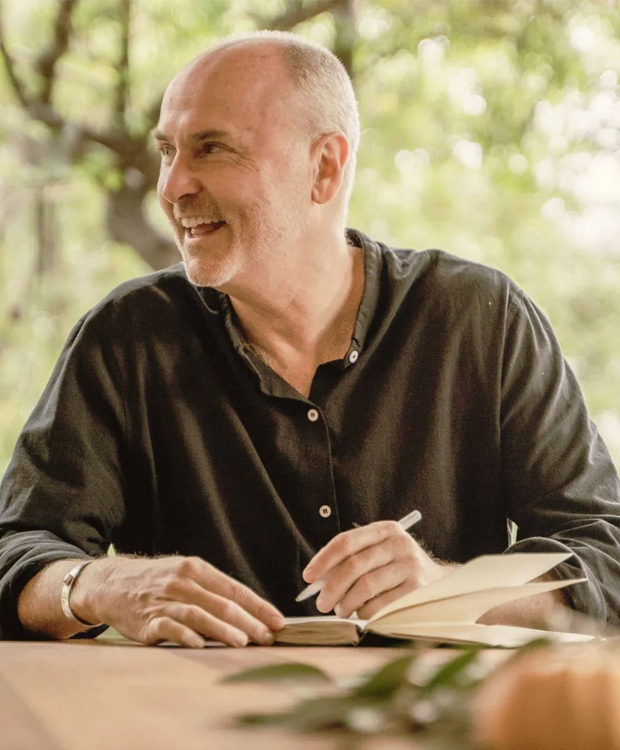The Washington Post recently reported the results from a six-year study out of Cornell that adds compelling evidence to the
Purpose Can Be a Simple Happiness Hack
Chip Conley
November 6, 2025
The Washington Post recently reported the results from a six-year study out of Cornell that adds compelling evidence to the
Chip Conley
November 6, 2025
At age 80, I still ask myself “Who do I want to be when I grow old?” I have enjoyed
Richard Leider
September 14, 2025
When I was a kid, I wrote movie reviews of everything from “The Wizard of Oz” to “The Exorcist.” While
Chip Conley
September 2, 2025
“You make a living by what you get. You make a life by what you give.” – Attributed to Winston
Daniel Gropper
June 28, 2025
Releasing the pressure of having a purpose. What Is the Purpose of Purpose? The definition of purpose is “the reason
Andrea Deskin
June 14, 2025
Something that EXCITES you: passion is a great fuel for purpose Something that AGITATES you: Reed Hastings started Netflix because
Chip Conley
May 9, 2025
I see them everywhere: people standing in elevators, at bus stops, in line at grocery stores—their eyes fixated on their
Karen Salmansohn
April 20, 2025
In grade school, he was told, “You need to have a purpose.” So, he looked for it behind the swings
Mark Nepo
December 25, 2024
Much of the work of the second half of life is to discover why we are here. Who am I?
Denny Meadows
September 2, 2024
At nearly-87, Dad decided to take one of our “Cultivating Purpose” workshops with our MEA co-founder Jeff Hamaoui and master
Chip Conley
August 12, 2024
I did all the things they said to do. I went to Harvard for college because it was a world-renowned
Zee Clarke
May 25, 2024
Our life’s purpose is hard to craft, We’re told it’s our gift to the world, to give. The quest to
Ray Kennedy
May 19, 2024
Page [tcb_pagination_current_page] of [tcb_pagination_total_pages]
